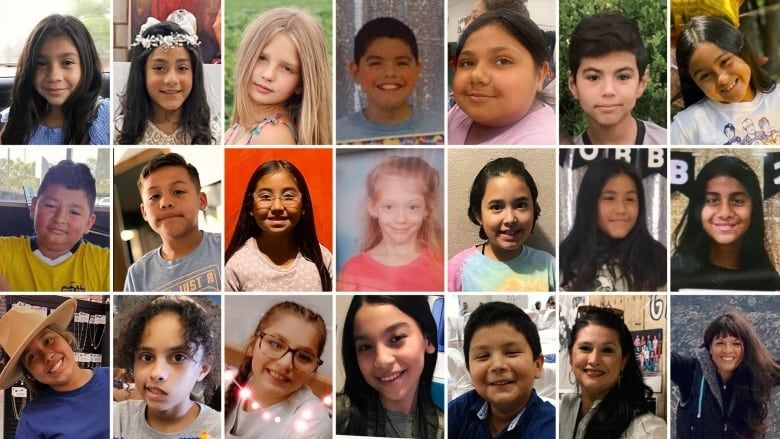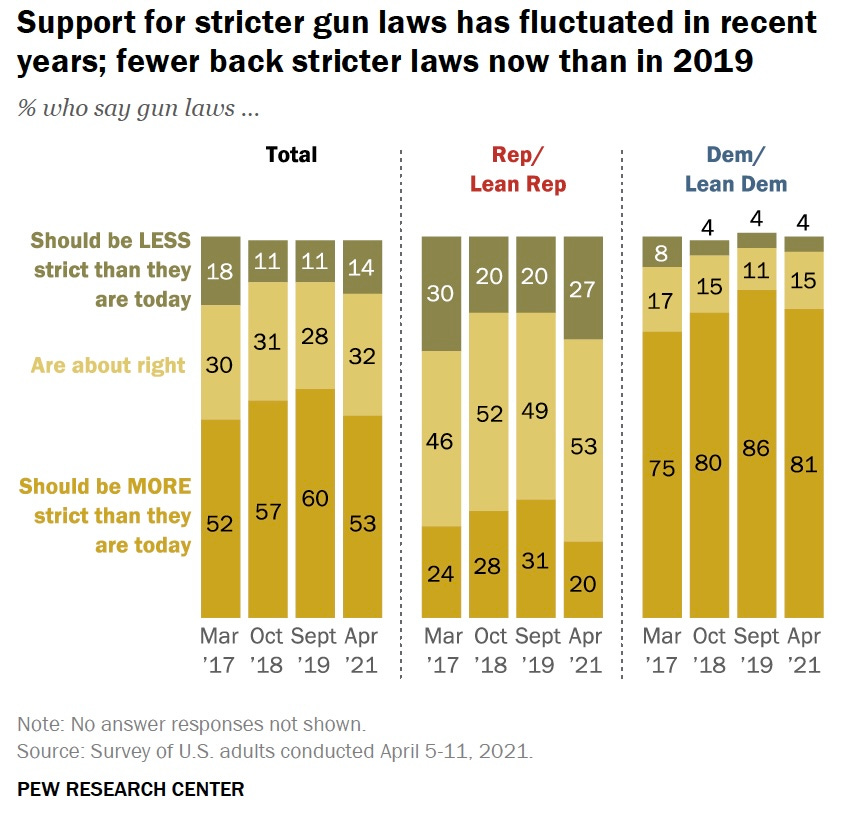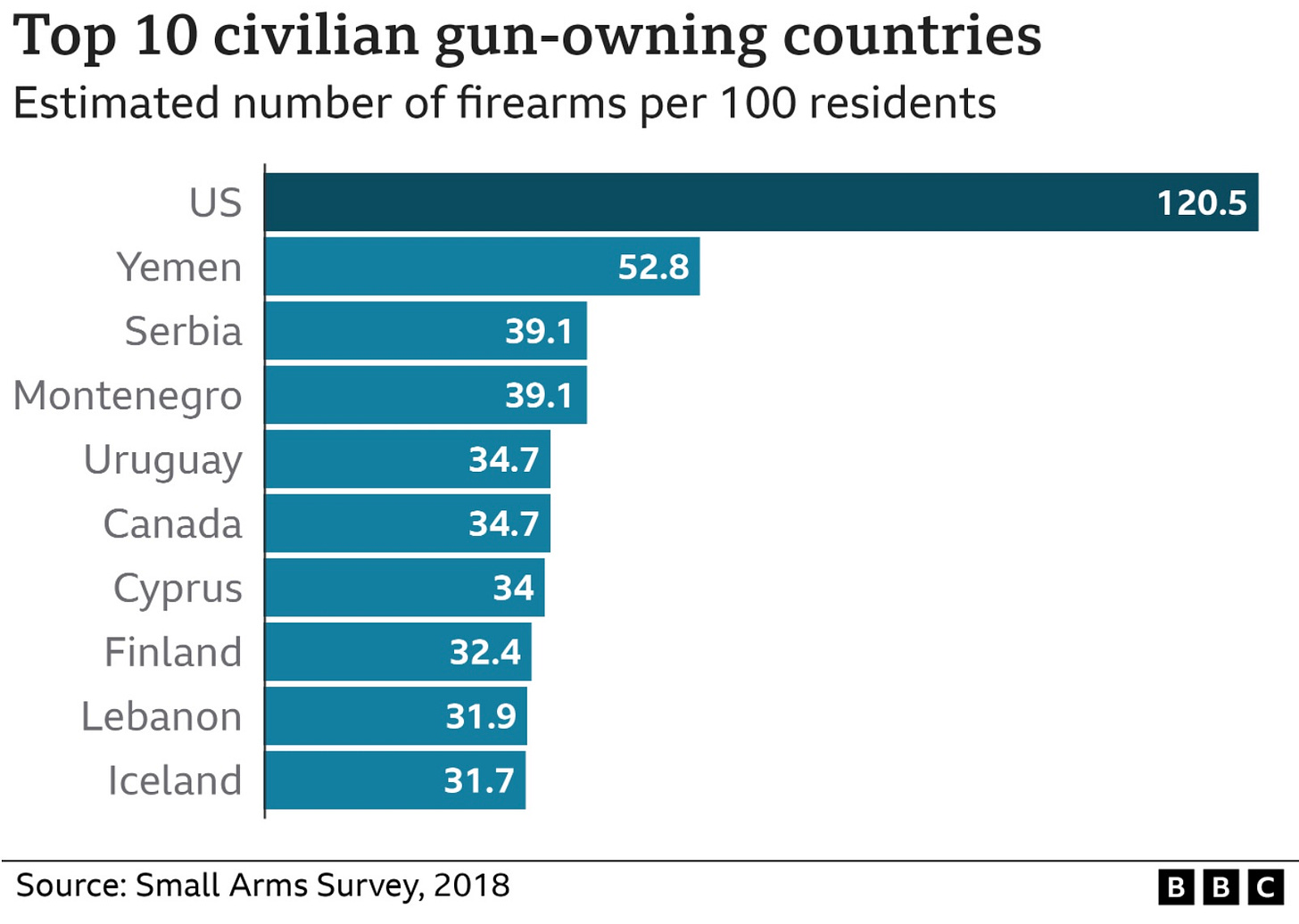We Deserve to Burn in Hell for Uvalde. All of us. Yes, you too.
Uvalde was a massacre. So were other attacks. Let’s call them that.


A. Here’s what we know about the Uvalde victims.
THEY HAD NO BUSINESS BEING KILLED BY AN 18-YEAR OLD LOSER WHILE THEY WERE IN A GODDAMN FOURTH-GRADE CLASSROOM, FOR CHRIST’S SAKE.
If you want other “Here’s What We Know” stories, you can go here, or here, or here, or here. Reading these stories may make you feel better, or worse, but they won’t detract from the central truth of the massacre: it never should have happened.
B. Uvalde was a massacre. So were other attacks. Let’s call them that.
Think of the emotional power we’ve attached to the word “massacre” in our history. The Boston Massacre. The Goliad Massacre. The Wounded Knee Massacre. The My Lai Massacre. The Kent State Massacre. In addition to the deaths and bloodshed, the word “massacre” conveys a lawlessness, moral depravity and disrespect for life that condemns the participants to eternal condemnation.
In modern times, killing multiple people has become so commonplace that calling them all massacres risks the word losing all meaning. And so we’ve replaced it with “mass shootings” — defined as incidents in which four or more people are shot or killed, excluding the shooter — a more clinical term designed to leach some of the horror out of the actual events. And still, their frequency stuns: according to the Gun Violence Archive, there have been 213 mass shootings in 2022 so far, including 21 in Texas. That’s about 10 a week.
Some mass shootings, though, because of their size or viciousness or horror, still merit the term “massacre,” with all the moral opprobrium that word brings. The Uvalde Massacre. The Albany Massacre. The El Paso Walmart Massacre.
C. The Uvalde Massacre was a tragedy on many levels.
1. The most tragic thing about the Uvalde massacre is how unsurprising it was. I mean, really: when you heard about it, you were horrified, appalled, frightened, angry — but surprised? I doubt it.
2. The second most tragic thing about the Uvalde massacre is the “thoughts and prayers” bullsh*t from elected officials, mostly but not exclusively Republican, who have made a career out of opposing ANY effort to combat the gun violence epidemic that afflicts our country. Our political leaders have, in essence, become apologists for psycho killers. Qu'est-ce que c'est?
3. The third most tragic thing about the Uvalde massacre was the straight-faced proposals to “harden our schools” or “arm the teachers,” as if education should be considered a hazardous activity, like driving an armored truck or defusing bombs, and we should just wise up and bite that bullet, so to speak. Of course, by the same logic we must “harden” grocery stores and Walmarts, and churches and synagogues and mosques, and shopping malls, and college campuses. Where does it end? Spoiler: it doesn’t.
D. Beto O’Rourke pisses in the punchbowl
After any tragedy — a hurricane, a flood, a massacre — the President or Governor travels to the affected area and holds a press conference or two to inform the public that, yes, they are on the job, and to solemnly intone the words of reassurance and sympathy upon which the larger community, especially those affected, depend.
Yesterday, Governor Abbott, flanked by Lieutenant Governor Dan Patrick, Speaker Dade Phelan, indicted Attorney General Ken Paxton, Senator Ted Cruz (R-Cancun), and enough local politicos and law enforcement officers to actually secure the border had they not been props for the Guv, held a Very Solemn and Serious press conference to update Texans on the massacre in Uvalde and identify the real cause of the unspeakable tragedy: “a problem with mental health illness in the Uvalde community.”
The Astute Reader will note that the problem is not with the provision of mental health services statewide — a responsibility the Governor and the Legislature have shirked for years. And it certainly is not a problem with the almost ludicrous ease with which the 18-year old assailant was able to purchase two assault rifles within a few days after he turned 18.
Well, damn if Beto O’Rourke didn't show up like an Old Testament prophet in khaki slacks to knock them all off-message. Standing in front of Abbott, he said, “Governor Abbott, I have to say something. The time to stop the next shooting is right now and you are doing nothing.” That’s about as far as he got before the stage props came to life and started shouting him down, calling him an “embarrassment” and a “sick son of a bitch.” O’Rourke was escorted out, but continued to make his case in the parking lot:
“This 18-year-old, who just turned 18, bought an AR-15 and took it into an elementary school and shot kids in the face and killed them. Why are we letting this happen in this country? Why is this happening in this state, year after year, city after city? This is on all of us if we do not do something, and I am going to do something. I’m not alone.”
During Greg Abbott’s tenure as Governor, there have been six massacres, with 92 people dead and 109 people injured. Yet, Texas’s gun laws are more permissive now than when he took office.
E. What can be done?
Gun control, or better, “gun safety,” is one of those issues where everyone celebrates nothing getting done. Democrats, like Connecticut Senator Chris Murphy here, get to make heartfelt pleas against Republican intransigence while proposing unpalatable solutions. Republicans get to pretend like the Second Amendment ties their hands and there is literally NOT ONE THING THAT CAN BE DONE about guns. Here's the Washington Post on the newly-formed Republican Senate negotiating team, and what's on or off the table:
Democratic proposals to ban assault weapons and high-capacity ammunition magazines are not on the table, Republicans said. Instead negotiators are eyeing modest expansions of background checks and “red flag” laws that would allow authorities to keep guns away from people found to constitute a potential threat.
“Restricting the rights of law-abiding citizens is not going to make our communities or our country any safer,” Cornyn told reporters. “We need to focus on the specific problem and try to find ways to fix some of them.”
If you ask me, that's a pretty small table if we're trying to prevent the next Uvalde Massacre. As Ann Richards used to say, "If you don't have a seat at the table, you're on the menu." At the end of the day, everyone knows nothing is going to happen, so they go out to dinner with the NRA lobbyists and have a Scotch.
The epidemic of gun violence can be eased if not eliminated. There are policies that could be adopted that, in fact, enjoy the support of the majority of Americans. A poll by Morning Consult and Politico taken after the Uvalde Massacre finds broad support for a variety of initiatives. Tip of the hat to Charlie Sykes at The Bulwark for the summary:
Requiring background checks on all gun sales: Eighty-eight percent strongly or somewhat support; 8% strongly or somewhat oppose. Net approval: +80
Creating a national database with info about each gun sale: Seventy-five percent strongly or somewhat support; 18% strongly or somewhat oppose. Net approval: +57
Banning assault-style weapons: Sixty-seven percent strongly or somewhat support; 25% strongly or somewhat oppose. Net approval: +42
Preventing sales of all firearms to people reported as dangerous to law enforcement by a mental health provider: Eighty-four percent strongly or somewhat support; 9% strongly or somewhat oppose. Net approval: +75
Making private gun sales and sales at gun shows subject to background checks: Eighty-one percent strongly or somewhat support; 11% strongly or somewhat oppose. Net approval: +70
Of course, the fact they have broad support from the American public does not mean bupkis; they’re dead on arrival at the Congress and state legislatures. Reducing gun violence is not a policy problem but a political problem, as The Bulwark’s Jonathan Last argued yesterday. I will quote him at some length:
This [Uvalde] will happen again, and again. Because guns are a problem that cannot be fixed.
Three reasons:
(1) The Second Amendment, like it or not, provides cover that makes reforming gun laws difficult to do and then more difficult to legally sustain.
(2) Guns are more popular than you probably realize and our political system gives so much leverage to one particular political party that if this party holds a position with roughly 45 percent support in the populace, it’s basically impossible to pull back.

This leverage which our system currently affords to the Republican party— which is a new, but so far durable feature of American politics—makes it so we have results like this: Gun reform is favored by a slim majority made up primarily of Democrats and independent voters, so it is impossible to enact.
…
[R]educing the leverage that rural voters have over the rest of the country is a necessary precondition to any progress on this front.
(3) Even if we reformed gun laws, the sheer number of guns in circulation would continue to contribute to tragedies and shootings for years—probably decades—to come. Guns don’t expire and there are some 400 million of them circulating in our country. We are off the charts globally in terms of number of guns owned per resident.

I don’t want to give in to despair here. I’m just trying to be realistic about what would be required to meaningfully reduce gun violence.
And because these requirements are so large—breaking the Republican hold on the Senate and hence the Supreme Court; crafting laws that are aggressive but pass constitutional muster; then embarking on a generational task to remove guns from circulation—I don’t think it will happen.
…
Nothing will change until the system is rebalanced, either through the passing of laws or the shifting of demographics.
The political system is rigged so that a minority of voters — and their avatar, the GOP — have disproportionate representation in the Electoral College, the U.S. Senate and, now, the Supreme Court. Which is why, not to put too fine a point on it, Roe v. Wade will be overturned next month in spite of the fact that 64% of Americans support at least some access to abortion.
But I digress.
One could, just to get the ball rolling, try to remedy that imbalance by voting against every single Republican, up and down the ballot, until enough of them lose elections that the system will begin to recalibrate.
“But what about the ‘good’ Republicans?” you ask. It’s simple: on this issue, there are none.
Meanwhile, there will be additional mass shootings, some of them of a scale and horror to deserve the title “massacre.” May God have mercy on our souls, for we are all complicit in this.
UPDATE: The official story of what happened in Uvalde is coming apart faster than a piece of cheesecloth in an industrial washing machine. This is a developing story.
